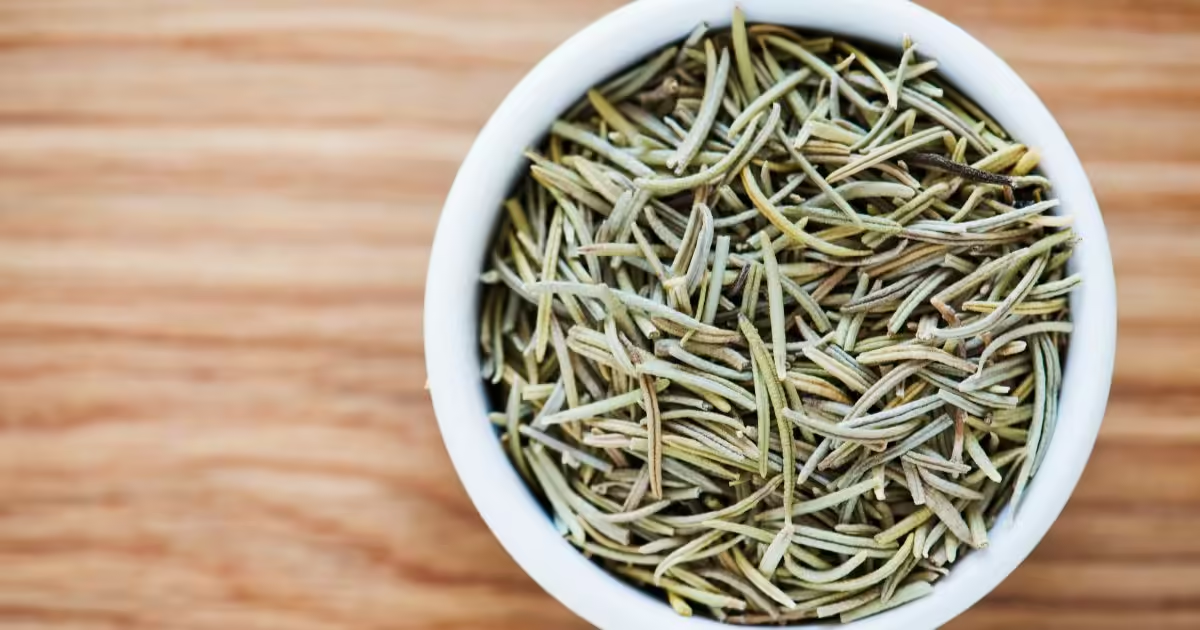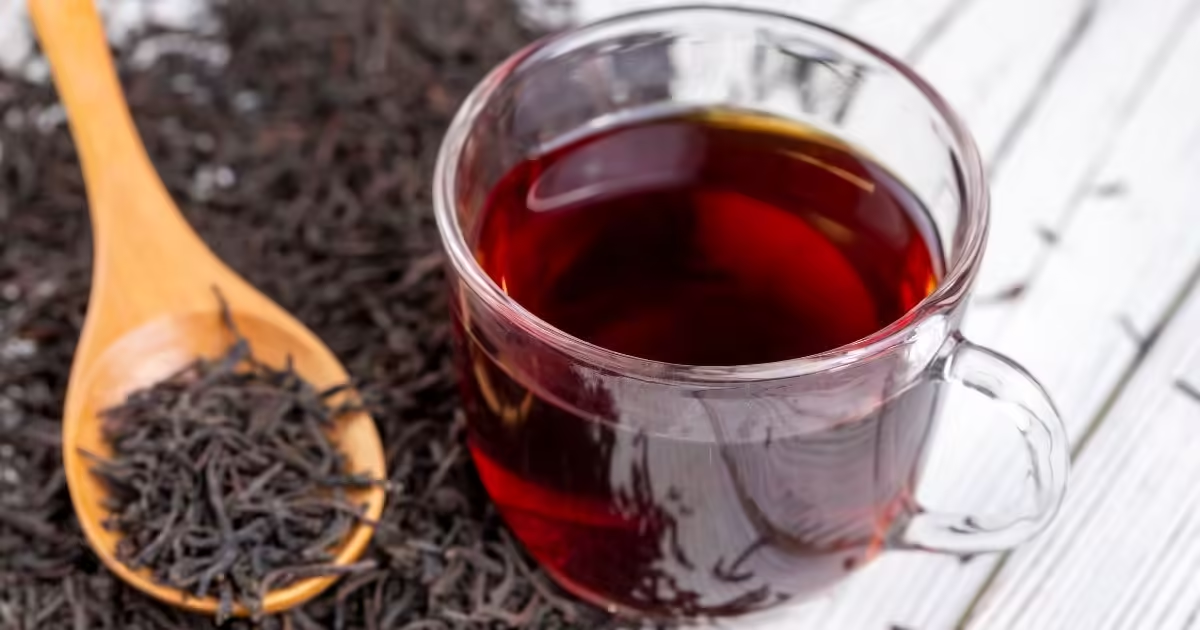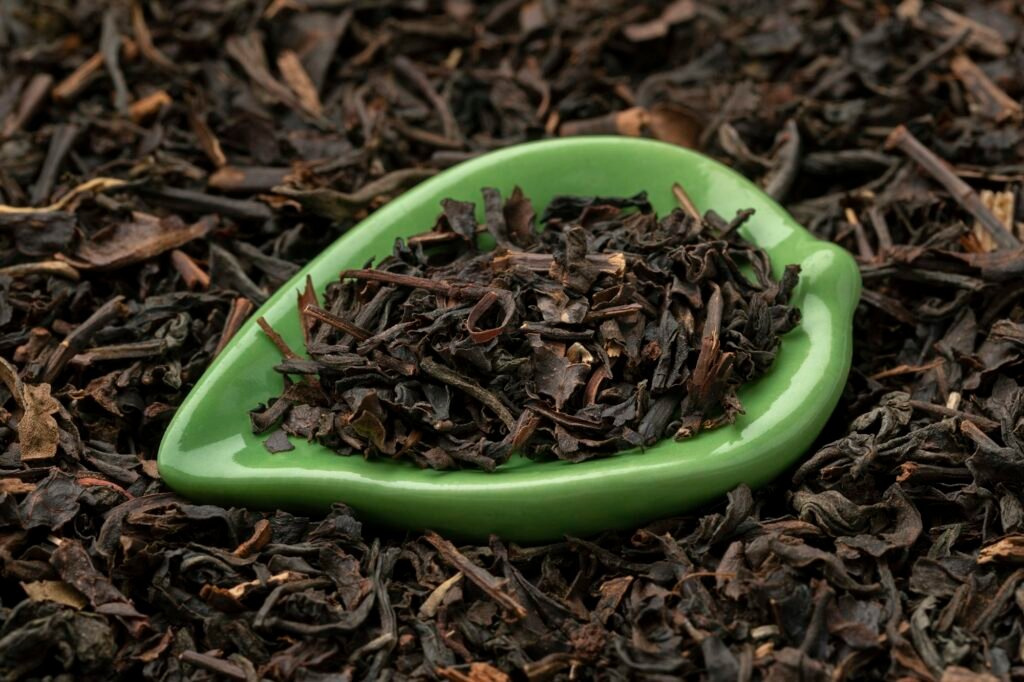
Tea and Heart Health
Tea and Heart Health: Harnessing Nature’s Brew for Cardiovascular Wellness. Tea, revered for centuries as a beverage that soothes the soul, also holds promising benefits for heart health. From antioxidant-rich […]
 play_arrow
play_arrow
The Ultimate Guide to Tea Brewing Mr. Tea Talk
 play_arrow
play_arrow
A Comprehensive Review of 3 Must-Have Tea Products on Amazon Mr. Tea Talk
 play_arrow
play_arrow
The Ultimate Guide to the Best Tea Essentials on Amazon: Kettles and Teapots You’ll Love Mr. Tea Talk
 play_arrow
play_arrow
The Best Teapots for Tea Lovers: Silver vs. Borosilicate Glass Mr. Tea Talk

 play_arrow
play_arrow
Tea for a Better Brain: Unlocking Cognitive Benefits and Mental Clarity Mr. Tea Talk
Cognitive Benefits of Tea: Tea has long been cherished for its soothing properties and diverse flavors, but its benefits extend far beyond taste. Emerging research suggests that tea could hold the key to enhancing cognitive function and promoting mental clarity. In this exploration of “Tea for a Better Brain,” we delve into the various types of tea that are believed to support brain health. From green tea’s antioxidant prowess to the calming effects of chamomile and the unique qualities of matcha, discover how incorporating tea into your daily routine can potentially boost your brainpower and nurture your mind’s vitality.
Cognitive function encompasses a range of mental processes including:
Maintaining optimal cognitive function is crucial for performing everyday tasks, learning new information, and interacting with others.
Dementia is a collective term for conditions characterized by a decline in cognitive function severe enough to interfere with daily life. The most common form of dementia is Alzheimer’s disease, but other types include vascular dementia, Lewy body dementia, and frontotemporal dementia. Key symptoms of dementia include:
While the exact causes of dementia are not fully understood, risk factors include age, genetics, cardiovascular health, and lifestyle choices. Importantly, emerging research suggests that diet and nutrition, including tea consumption, can influence brain health and potentially reduce the risk of dementia.

Tea, derived from the Camellia sinensis plant, contains several compounds that can benefit cognitive function and brain health. The main types of tea—green, black, oolong, and white—offer varying levels of these beneficial compounds due to differences in processing methods.
Caffeine
Caffeine is a natural stimulant found in tea that can enhance cognitive performance by:
L-Theanine
L-theanine is an amino acid unique to tea that promotes relaxation without causing drowsiness. It offers cognitive benefits by:
Antioxidants
Tea is rich in antioxidants, particularly polyphenols such as catechins (in green tea) and theaflavins (in black tea). These compounds help protect brain cells from oxidative stress and inflammation, which are linked to cognitive decline and dementia. Key benefits include:

Improved Cognitive Performance
Numerous studies have demonstrated that regular tea consumption can enhance cognitive performance. For instance:
Reduced Risk of Cognitive Decline and Dementia
Long-term tea consumption has been associated with a lower risk of cognitive decline and dementia:

To maximize the brain health benefits of tea, consider the following tips:
Choose High-Quality Tea
Helps for high-quality loose leaf tea or tea bags from reputable sources. Quality tea is more likely to contain higher levels of beneficial compounds and provide better health benefits.
Brew Properly
Brewing tea correctly ensures that you extract the maximum amount of beneficial compounds. Here are some general guidelines:
Avoid Excessive Sugar
Adding too much sugar to your tea can negate some of its health benefits. Instead, try natural sweeteners like honey or enjoy the tea plain to fully appreciate its flavor and health benefits.
Drink Regularly
To reap the cognitive benefits of tea, make it a regular part of your daily routine. Aim to drink 3-5 cups of tea per day, depending on your caffeine tolerance and personal preferences. Remember that herbal teas are caffeine-free and can be consumed at any time of day.
Experiment with Different Types
Each type of tea offers unique health benefits, so try incorporating a variety of teas into your diet. This not only provides a broad range of beneficial compounds but also keeps your tea-drinking experience interesting and enjoyable.

While tea can be a powerful ally in promoting brain health, it is important to maintain a holistic approach to cognitive wellness. Here are some additional lifestyle tips to support your brain health:
Eat a Balanced Diet
Consume a diet rich in fruits, vegetables, whole grains, lean proteins, and healthy fats. These foods provide essential nutrients that support brain health, such as omega-3 fatty acids, antioxidants, and vitamins.
Stay Hydrated
Drinking plenty of water helps maintain the balance of bodily fluids and supports overall health. In addition to tea, make sure to drink adequate amounts of water throughout the day.
Exercise Regularly
Regular physical activity can enhance cognitive function, improve mood, and reduce the risk of cognitive decline. Aim for at least 150 minutes of moderate-intensity exercise per week, such as walking, jogging, or cycling.
Get Enough Sleep
Adequate sleep is crucial for brain health. Aim for 7-9 hours of quality sleep each night to support overall well-being and cognitive function.
Manage Stress
Chronic stress can negatively impact cognitive function. Practice stress management techniques such as meditation, deep breathing exercises, yoga, or engaging in hobbies you enjoy.
Challenge Your Brain
Keep your brain active by engaging in mentally stimulating activities such as reading, puzzles, learning a new skill, or playing musical instruments.
Socialize
Maintaining social connections and engaging in meaningful conversations can support cognitive function and emotional well-being.
Tea is a delightful and natural way to enhance cognitive function and potentially reduce the risk of dementia. Rich in caffeine, L-theanine, and antioxidants, tea can improve alertness, focus, and memory, while also protecting the brain from oxidative stress and inflammation. By incorporating a variety of teas into your daily routine and maintaining a healthy lifestyle, you can support your brain health and enjoy better cognitive function as you age. So, brew yourself a cup of tea, savor its rich flavors, and take a step towards a healthier brain. Cheers to a brain-healthy future!
References
Tagged as: Health Benefits of Tea.

Tea and Heart Health: Harnessing Nature’s Brew for Cardiovascular Wellness. Tea, revered for centuries as a beverage that soothes the soul, also holds promising benefits for heart health. From antioxidant-rich […]


Copyright | Ceylon Wild Tea - All Rights Reserved | 2025
Post comments
This post currently has no comments.